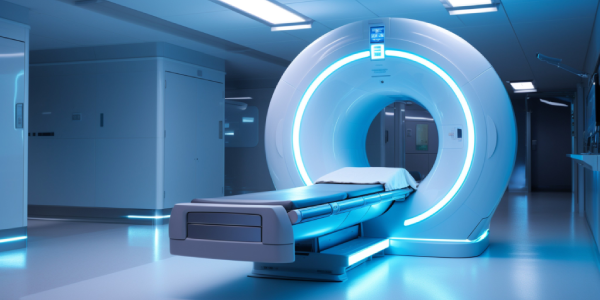Understanding Obesity...
Read More

At Gastro Clinic Ahmedabad, under the expert care of Dr. Mayank Gurjar, we provide modern gallbladder cancer treatment in Ahmedabad. We combine accurate diagnosis, surgical excellence, and personalized care to offer the best possible outcomes.
Gallbladder cancer is a serious and rapidly progressing condition that begins in the gallbladder, a small organ beneath the liver responsible for storing bile. Early detection is crucial, and seeking professional Gallbladder Cancer Treatment in Ahmedabad can significantly improve outcomes.




Abdominal pain
Nausea
Jaundice
weight loss
Patients may experience:
Persistent abdominal pain
Nausea or vomiting
Jaundice (yellowing of the skin and eyes)
Sudden weight loss
A lump or swelling in the upper-right abdomen
If you notice these symptoms, consulting a gastro or oncology specialist is essential. For more medical details, refer to reliable resources such as the National Cancer Institute.


The primary treatment for gallbladder cancer involves the removal of the gallbladder and possibly part of the liver or bile ducts, depending on the extent of the cancer.
Employs high-energy rays to target and destroy cancer cells, typically used to shrink tumors before surgery or to alleviate symptoms.
Uses drugs to kill cancer cells or inhibit their growth, often used in combination with other treatments
Focuses on specific molecules involved in cancer growth, offering a more personalized approach to treatment.




Support from healthcare providers, support groups, and cancer research organizations is crucial for managing gallbladder cancer. Staying connected with these resources can provide valuable information, emotional support, and practical assistance. Ongoing research is vital for developing more effective treatments and improving patient outcomes. Engaging with support networks and staying informed about new developments can enhance the quality of care and provide hope for better treatment options.
Gallbladder cancer is a malignancy that begins in the tissues of the gallbladder, a small organ under the liver that stores bile. It may develop slowly and can spread to nearby organs if not detected early. Symptoms often overlap with other gallbladder conditions.
Symptoms may include abdominal pain (particularly in the upper right side), jaundice, unexplained weight loss, nausea, vomiting, and loss of appetite. These symptoms can also occur in benign gallbladder conditions, so persistent signs should be medically evaluated.
Diagnosis typically includes imaging studies such as ultrasound, CT scan, MRI, and PET scan. A biopsy may be performed to confirm the presence of cancer cells. Blood tests, including liver function tests, help assess organ involvement and overall health
Treatment depends on stage and overall health. Options may include surgery to remove the gallbladder and affected tissue, chemotherapy, radiation therapy, or combination approaches. A multidisciplinary team evaluates the best plan tailored to each individual’s condition.
Early detection is challenging because early symptoms often mimic benign gallbladder diseases like stones or inflammation. Regular evaluation and imaging for persistent symptoms can help detect abnormalities earlier, improving the range of treatment options.
Risk factors include gallstones, chronic gallbladder inflammation (cholecystitis), certain infections, porcelain gallbladder, older age, female sex, obesity, and family history. Awareness of risk factors helps with earlier detection and monitoring.
Understanding Obesity...
Read MoreBest gastroenterologist...
Read MoreCopyright © 2025 · Dr. Mayank Gurjar. All Rights Reserved.
Design & Devloped by Dcodes Technologies.
Dr. Mayank Gurjar : GastroClinic – Advanced Gastro & Liver Care in Ahmedabad
Zydus Hospital (B-16, 2nd floor), SG Highway, Sola , Ahmedabad, Gujarat 380059
Copyright © 2025 Dr. Mayank Gurjar. All Rights Reserved.